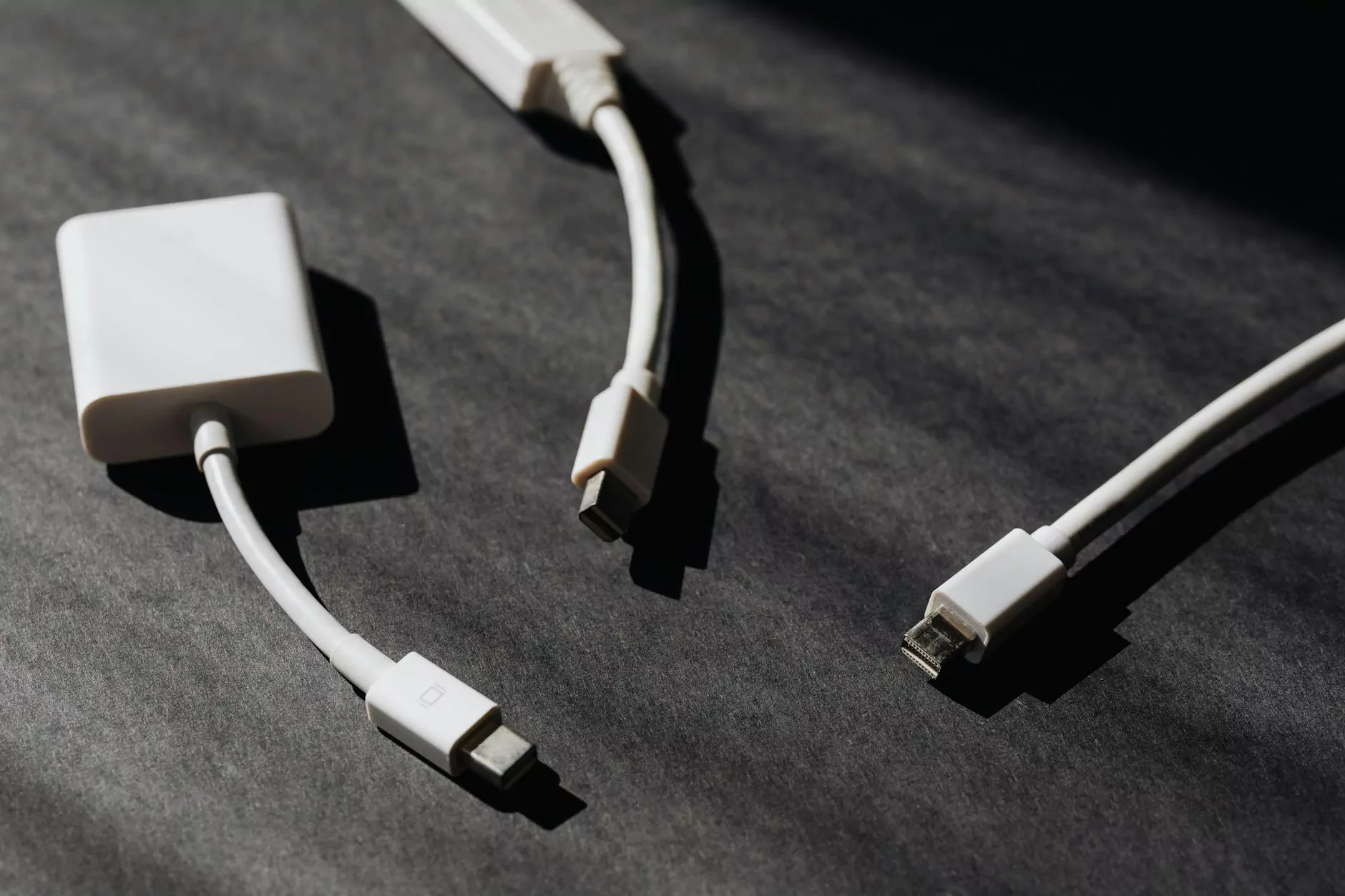Fine Motor Tool Comparison - The Knowledge Nest

Introduction
Welcome to The Knowledge Nest's comprehensive guide on fine motor tools. In this article, we will delve into the world of fine motor skill development and provide you with a detailed comparison of various tools available in the market. Whether you are a parent, educator, or therapist looking to improve dexterity and coordination, this guide will help you make informed decisions when choosing the right tools for your needs.
The Importance of Fine Motor Skills
Before we dive into the comparison, let's understand the significance of developing fine motor skills. Fine motor skills involve the use of small muscles, usually in coordination with the eyes, to execute precise movements. These skills play a vital role in daily tasks such as writing, buttoning a shirt, tying shoelaces, and using utensils.
For children, the development of strong fine motor skills is crucial as it directly impacts their academic performance, handwriting legibility, and overall independence. Additionally, individuals with certain disabilities or conditions such as autism spectrum disorder, cerebral palsy, or developmental delays may require specialized fine motor tools to enhance their motor abilities.
Comparing Fine Motor Tools
1. Pencil Grips
Pencil grips are widely used to assist children in maintaining a proper grip on a pencil or pen. They come in various sizes, shapes, and materials to accommodate different hand sizes and preferences. Some key features to consider when comparing pencil grips include:
- Ergonomic design to promote correct finger positioning
- Texture for better grip and control
- Adjustability to cater to individual needs
- Durability for long-term use
2. Scissors
Scissors are essential tools for practicing cutting skills, an integral part of fine motor development. When comparing scissors, pay attention to:
- Blade material and sharpness
- Handle design for comfortable grip and control
- Left-handed options, if necessary
- Safety features to prevent accidents
3. Fine Motor Manipulatives
Manipulatives encompass a wide range of hands-on tools that aid in the development of fine motor skills. They can include items such as beads, pegboards, lacing cards, and building blocks. When comparing fine motor manipulatives, consider:
- Size and shape variations for different skill levels
- Materials suitable for sensory needs (e.g., textured, soft, or hard surfaces)
- Colors and visual appeal to engage users
- Storage options for organization
4. Hand Strengtheners
Hand strengtheners are specifically designed to target and strengthen hand muscles. These tools are beneficial for individuals with weak grip strength or those recovering from hand injuries. When comparing hand strengtheners, look for:
- Adjustable resistance levels to accommodate various needs and abilities
- Comfortable grip and ergonomic design
- Durability for long-term use
- Portability for convenience
5. Tactile Tools
Tactile tools provide sensory input to enhance fine motor skills. They often involve textures and tactile stimulation to improve hand-eye coordination and finger dexterity. When comparing tactile tools, consider:
- Varied tactile surfaces for sensory exploration
- Size and shape to cater to different hand sizes
- Durability and ease of cleaning
- Incorporation of sensory features (e.g., vibrations, temperature variations)
6. Digital Apps and Games
In our technologically advanced world, digital apps and games can also contribute to fine motor skill development. When comparing digital tools, keep in mind:
- Appropriate age range and skill level
- User-friendly interface and navigation
- Engaging and interactive gameplay
- Positive reinforcement and progress tracking
Conclusion
Now that you have explored our comprehensive comparison of fine motor tools, you are equipped with the knowledge to make an informed decision. Remember that every individual's needs and preferences may vary, so it's essential to consider factors such as age, skill level, and specific requirements when selecting the right tools.
At The Knowledge Nest, we believe in the power of fine motor skill development. By providing you with this detailed comparison, we aim to empower you to support the growth and independence of children and individuals with special needs. Choose the tools that resonate with you, and watch as fine motor skills flourish!










